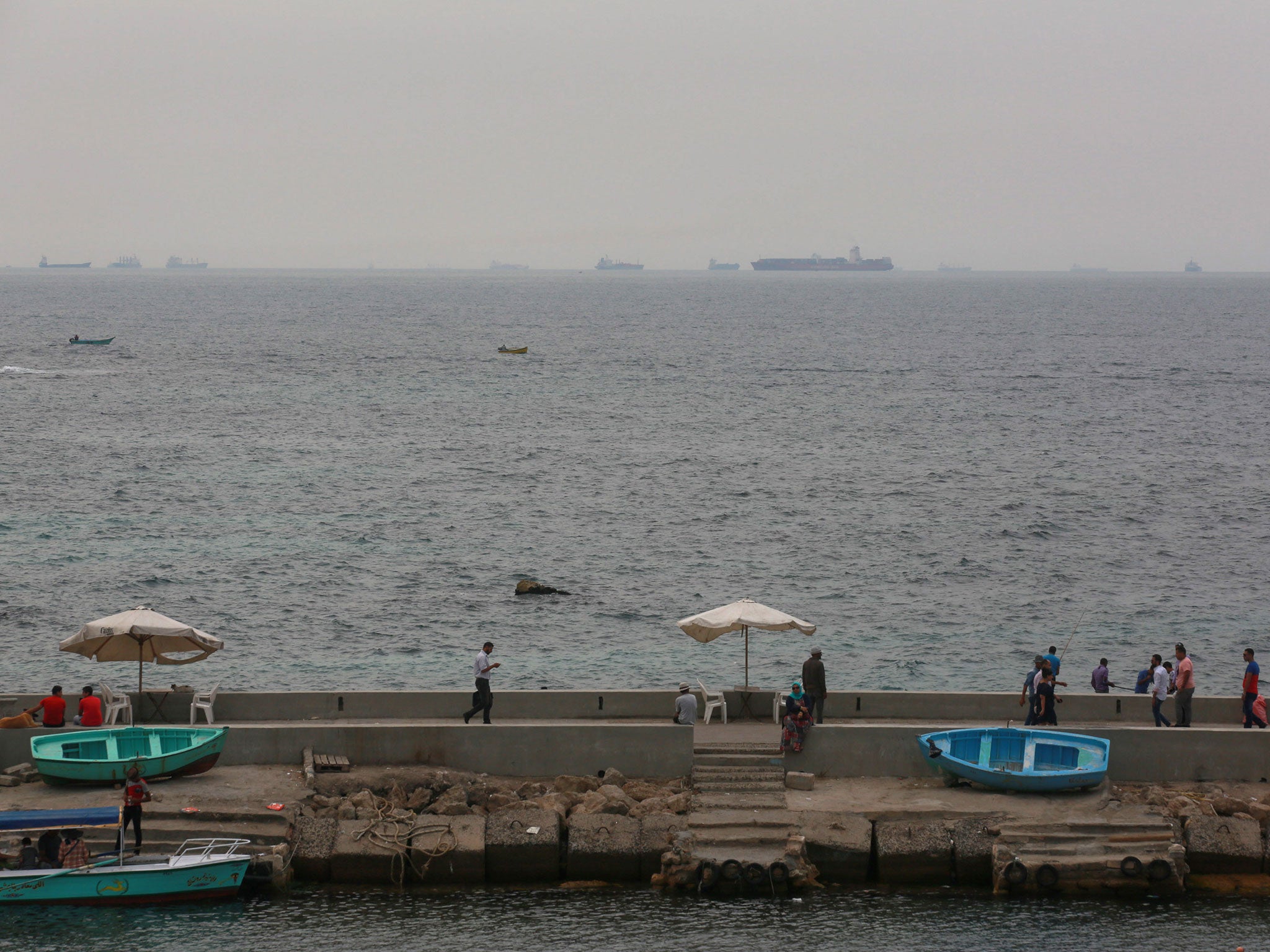EgyptAir Flight 804 'did not swerve' before it crashed says Egypt's air navigation chief
The latest advice from Egypt contradicts statements from the Greek defence minister, who said the plane swerved wildly and dropped to 10,000 feet before it fell off the radar

A French ship joined the international effort to hunt for the black boxes and other wreckage of EgyptAir Flight 804 on Monday, searching for clues to what brought the plane down, as Greek and Egyptian authorities disagreed on what happened to the plane during the crucial final minutes before it crashed into the Mediterranean, killing all 66 people on board.
Five days after the air disaster, questions remain over what happened to the doomed jet before it disappeared off radar at around 2.45 a.m. local time Thursday.
Egyptian authorities said they believe terrorism is a more likely explanation than equipment failure, and some aviation experts have said the erratic flight reported by the Greek defence minister suggests a bomb blast or a struggle in the cockpit. But so far no hard evidence has emerged.
A 2013 report by the Egyptian ministry of civil aviation records that the same Airbus 320 made an emergency landing in Cairo that year, shortly after taking off on its way to Istanbul, when one of the engines "overheated." Aviation experts have said that overheating is uncommon yet is highly unlikely to cause a crash.
The head of Egypt's state-run provider of air navigation services, Ehab Azmy told The Associated Press that the plane did not swerve or lose altitude before it disappeared off radar, challenging an earlier account by Greece's defense minister.
In pictures: Wreckage from EgyptAir flight 804
Show all 5Azmy, head of the National Air Navigation Services Company, said that in the minutes before the plane disappeared it was flying at its normal altitude of 37,000 feet, according to the radar reading. "That fact degrades what the Greeks are saying about the aircraft suddenly losing altitude before it vanished from radar," he added.
"There was no turning to the right or left, and it was fine when it entered Egypt's FIR (flight information region), which took nearly a minute or two before it disappeared," Azmy said.
According to Greece's defense minister Panos Kammenos the plane swerved wildly and dropped to 10,000 feet before it fell off the radar.
Greek civil aviation authorities said all appeared fine with the flight until air traffic controllers were to hand it over to their Egyptian counterparts. The pilot did not respond to their calls, and then the plane vanished from radars.
Egypt, which is sending a submarine to search for the flight recorders, has also refuted earlier reports alleging that search crews had found the plane's black boxes — which could offer vital clues to what happened in the final minutes of the flight.
Ships and planes from Britain, Cyprus, France, Greece and the United States are taking part in the search for the debris from the aircraft, including the black boxes. Some wreckage, including human remains, has already been recovered.
Subscribe to Independent Premium to bookmark this article
Want to bookmark your favourite articles and stories to read or reference later? Start your Independent Premium subscription today.

Join our commenting forum
Join thought-provoking conversations, follow other Independent readers and see their replies